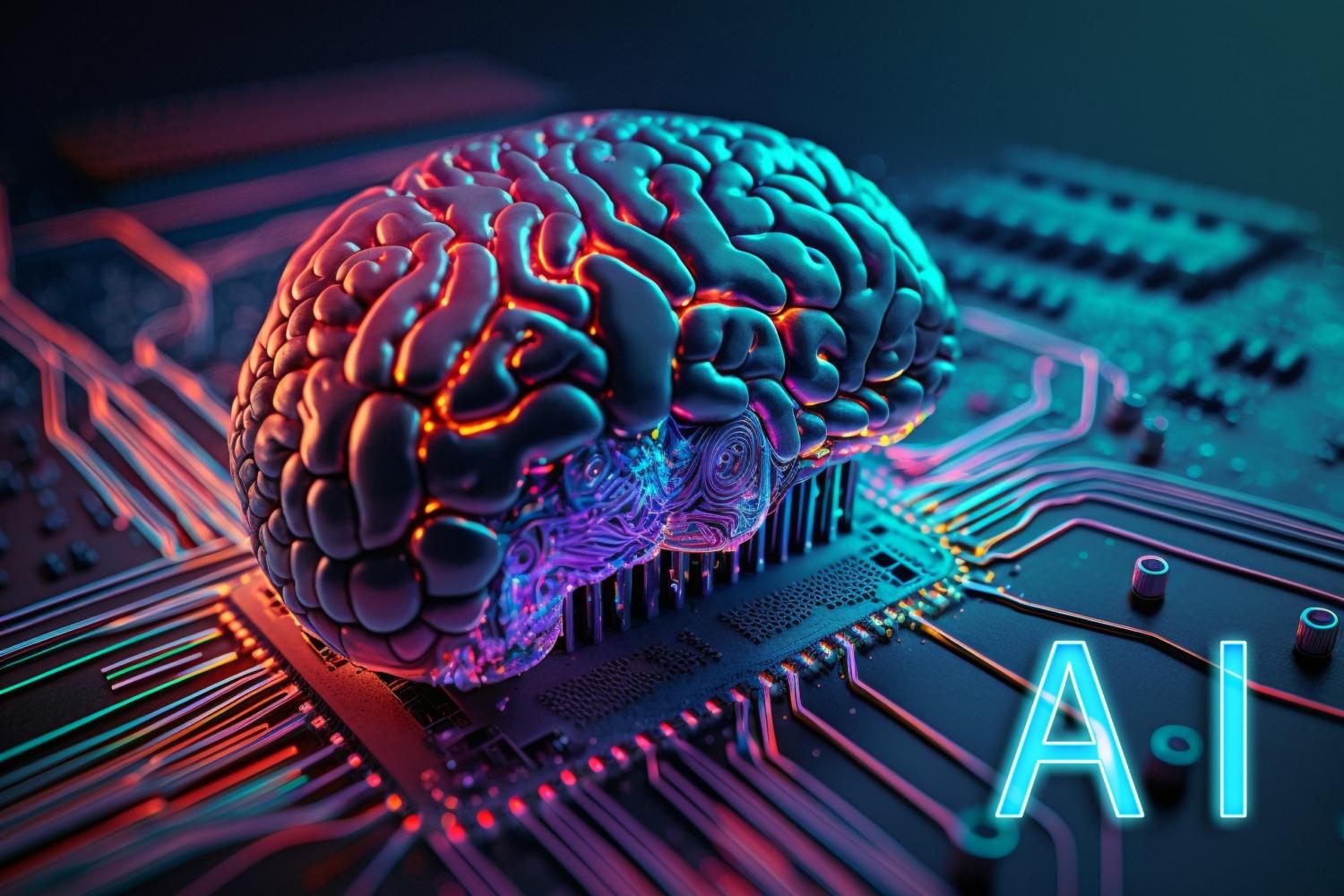In a world where sleep is often elusive, could artificial intelligence hold the key to unlocking a better night’s rest? As technology continues to infiltrate every aspect of our lives, the idea of AI being the secret to improving sleep may not be as far-fetched as it seems. Let’s delve into the potential of artificial intelligence in the realm of sleep and explore whether it could be the solution we’ve all been dreaming of.
AI-powered Sleep Devices: The Future of Restful Sleep
Imagine a world where your smart device not only wakes you up in the morning but also helps you fall asleep peacefully at night. Thanks to advances in artificial intelligence, AI-powered sleep devices are revolutionizing the way we approach restful sleep. These devices use cutting-edge technology to analyze your sleep patterns, provide personalized recommendations, and create the ideal sleep environment for a deep and rejuvenating rest.
With AI algorithms that learn and adapt to your unique sleep needs, these devices can track your sleep cycles, monitor your heart rate, and even adjust the lighting and temperature in your bedroom to optimize your sleep quality. Say goodbye to restless nights and groggy mornings – the future of sleep is here, and it’s powered by artificial intelligence.
The Role of AI in Personalized Sleep Solutions
In today’s fast-paced world, getting a good night’s sleep can be elusive. But what if artificial intelligence held the key to unlocking personalized sleep solutions? Imagine a future where your smart device uses AI algorithms to track your sleep patterns and adjust your environment accordingly.
AI could analyze factors such as room temperature, noise levels, and even your stress levels to create the perfect sleep environment for you. With AI-powered sleep solutions, you could say goodbye to restless nights and wake up feeling refreshed and rejuvenated every morning. The possibilities are endless when it comes to harnessing the power of AI for better sleep.
Harnessing AI Technology for Improved Sleep Patterns
Artificial intelligence has made its way into almost every aspect of our lives, from personal assistants on our smartphones to self-driving cars. But can AI technology also help us improve our sleep patterns? With the advancement of AI algorithms and machine learning capabilities, researchers are exploring how this technology can be harnessed to analyze and optimize our sleep cycles.
By utilizing AI-powered sleep tracking devices, individuals can gain valuable insights into their sleep quality and patterns. These devices can monitor factors such as heart rate, movement, and even environmental conditions to provide personalized recommendations for improving sleep. Additionally, AI algorithms can analyze this data to detect trends and patterns that may be disrupting sleep, ultimately helping users make informed decisions to achieve better rest. With the potential to revolutionize the way we approach sleep health, artificial intelligence could be the key to unlocking a good night’s rest.
Practical Tips for Utilizing AI for Better Sleep
When it comes to getting a good night’s sleep, artificial intelligence can be a game changer. By utilizing AI technology, you can optimize your sleep routine and create the ideal conditions for restful slumber. Here are some practical tips for harnessing the power of AI to improve your sleep:
- Smart Sleep Tracking: Use a smart sleep tracker to monitor your sleep patterns and identify areas for improvement.
- AI-Powered Sleep Solutions: Explore AI-powered sleep solutions that can help you fall asleep faster and stay asleep longer.
- Personalized Recommendations: Receive personalized recommendations based on your unique sleep needs and preferences.
The Conclusion
the intersection of artificial intelligence and sleep holds promise for the future of improving our rest and overall well-being. As technology continues to advance, we can look forward to more innovative solutions that cater to individual sleep needs. While AI may not be the ultimate secret to better sleep for everyone, it certainly has the potential to play a significant role in helping us achieve a more restful and rejuvenating night’s rest. So, whether you’re a tech enthusiast or a skeptic, there’s no denying the intriguing possibilities that lie ahead in the realm of AI and sleep. Sweet dreams!
